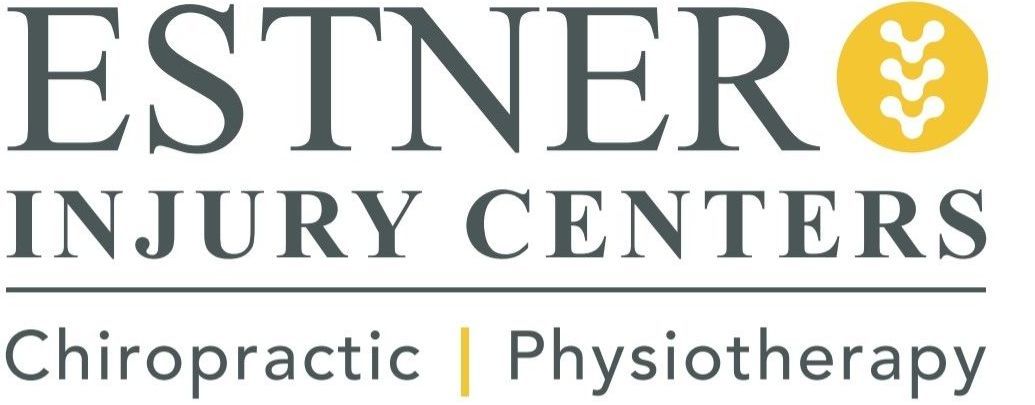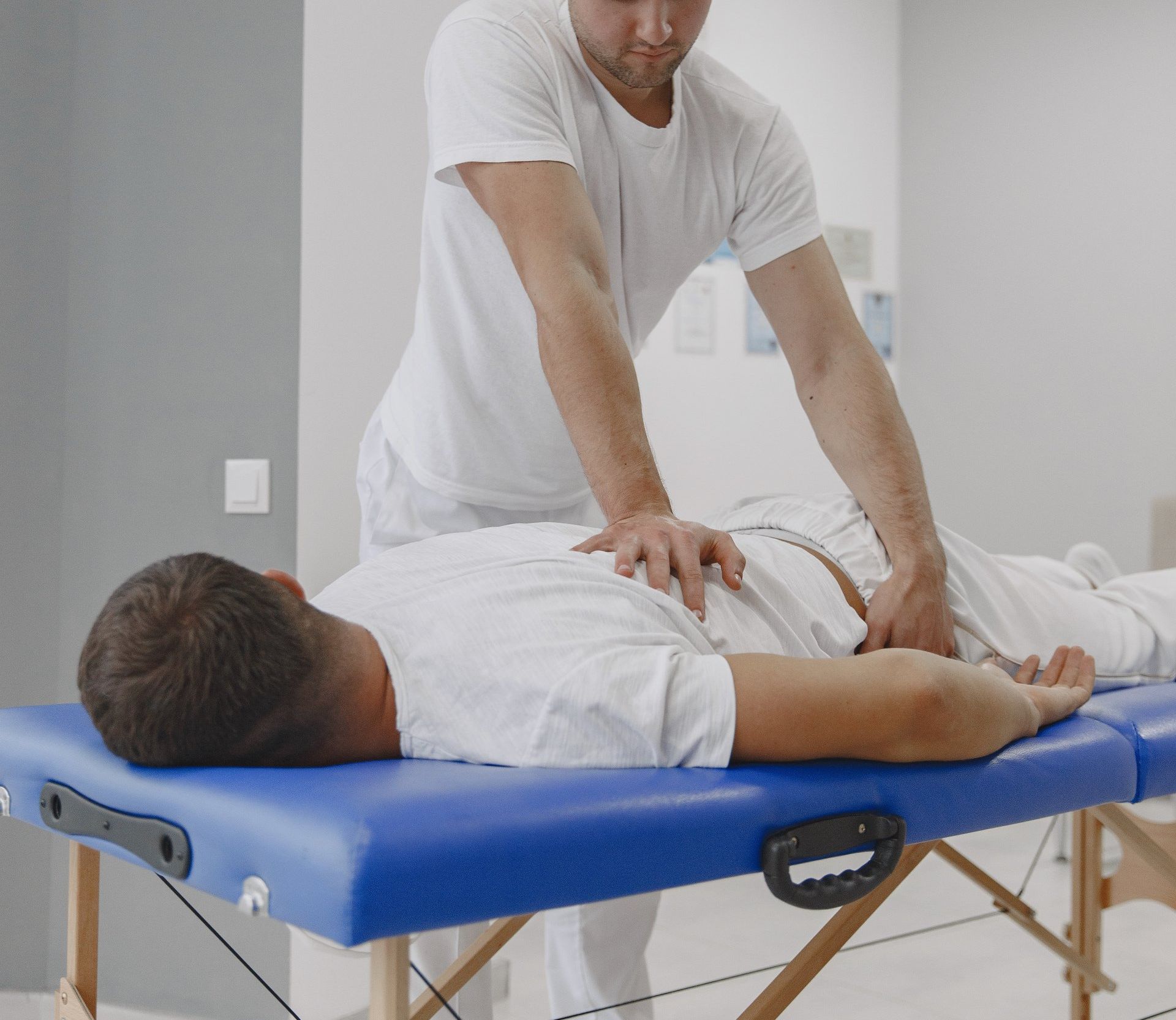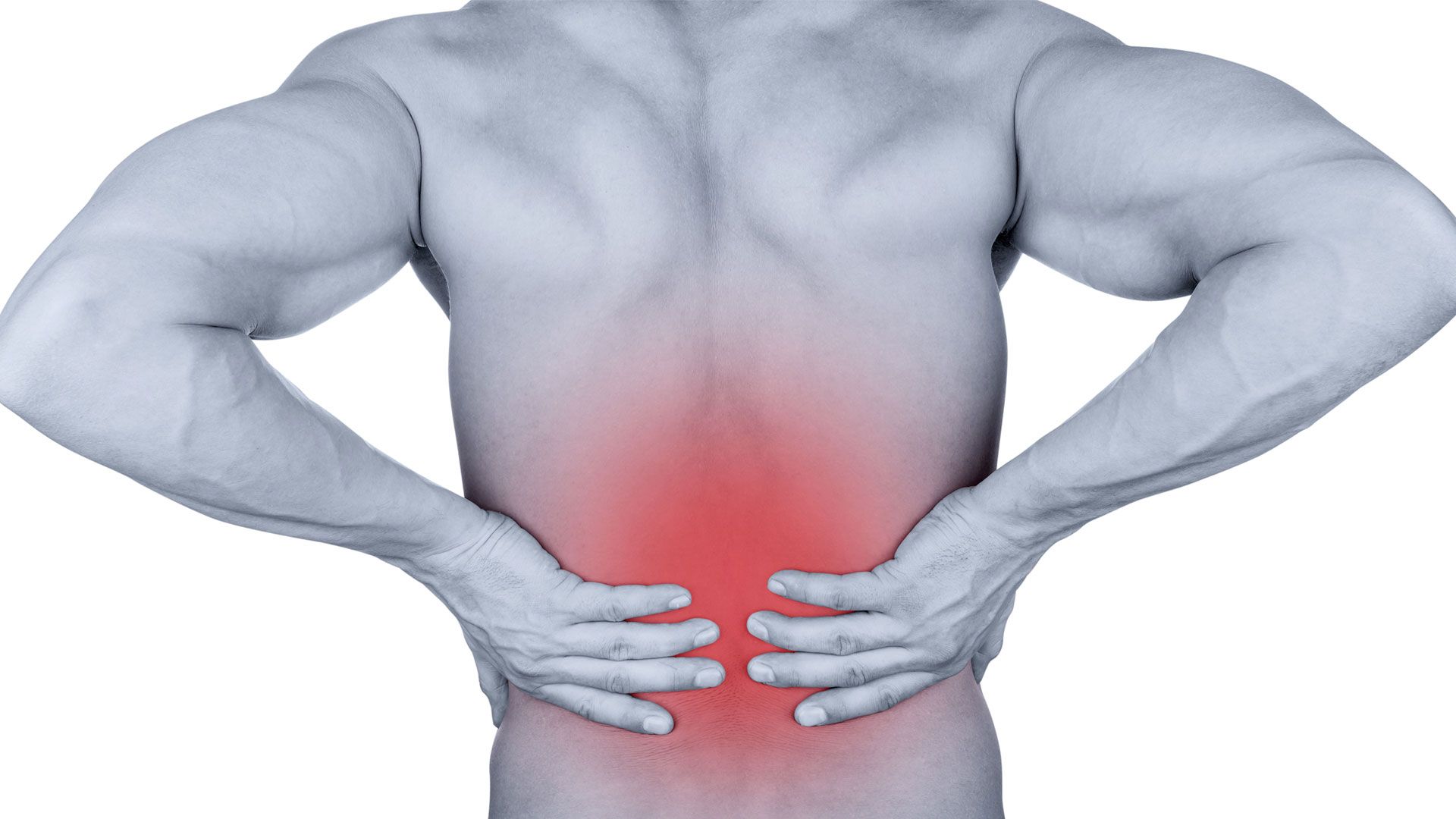Why Your Back Might Hurt When You Cough — Even After an Injury
Share
Coughing shouldn't hurt your back — but for many people, it does. If you’ve ever experienced a sharp or aching pain in your back when coughing, sneezing, or even laughing, you're not alone. This type of pain is often linked to deeper spinal issues, especially if you've recently been involved in a car accident, slip and fall, or other physical trauma.
In this post, we’ll break down the potential causes and explain why chiropractic care — especially for personal injury cases — can play a vital role in long-term recovery.
Why Does My Back Hurt When I Cough?
Coughing creates sudden pressure in your abdominal and thoracic cavities. That pressure travels to your spinal column, which can amplify existing issues. If the pain is intense, recurring, or worsens over time, it could indicate an underlying condition — some of which may be injury-related.
Common Causes of Cough-Triggered Back Pain
Muscle Strain or Ligament Sprain
A forceful cough can strain the muscles in your back, particularly if they’re already inflamed or weakened. But sometimes, this pain isn’t just from coughing — it could be the result of a soft tissue injury from an accident, with the cough simply aggravating the damaged area.
Injury Insight: Back muscle strains are among the most common results of rear-end collisions and workplace falls. If your back pain began after such an event, even if mild at first, it could now be surfacing more acutely when coughing.
Spinal Stenosis
This narrowing of the spinal canal can compress nearby nerves, causing pain that radiates when pressure increases — such as during a cough.
Many individuals don’t realize that spinal stenosis symptoms can be triggered or worsened by physical trauma, including sports injuries or accidents.
Herniated Disc
One of the most common culprits. A herniated disc puts pressure on nerves, which can worsen during sudden body pressure shifts like coughing or sneezing.
Important: Herniated discs frequently occur after slip and falls, car accidents, or lifting injuries. If your symptoms started after a traumatic event, it's crucial to explore a proper injury-focused chiropractic evaluation.
Pinched Nerve
If you feel sharp pain radiating from your lower back into your leg when you cough, it might be a pinched sciatic nerve, often caused by disc injuries or spinal misalignments — both of which are common in personal injury cases.
When Back Pain Is Linked to Injury
Even if your pain began subtly, a previous accident or injury could be the root cause. Symptoms from personal injuries can emerge days or even weeks later, especially if inflammation or scar tissue develops.
Chiropractic Care for Personal Injury Patients
If you’ve recently been in a car crash, experienced a fall, or were hurt on the job, your back pain may not be “just strain.” At our clinic, we specialize in personal injury chiropractic care, designed to diagnose and treat the underlying trauma behind pain like this.
Schedule your free consultation today or learn more about our injury treatments.
Treatment Options
Most causes of back pain when coughing can be treated conservatively:
- Chiropractic adjustments
- Therapeutic exercises
- Physical rehab and soft tissue work
- Postural correction and spinal decompression
But if the pain stems from a personal injury, it’s even more critical to get assessed by someone who understands how trauma affects the spine long-term — and how to document it properly for insurance or legal cases.
If your back hurts when you cough — especially if it began after an injury — don’t ignore it. Cough-related pain is often a sign that something deeper is going on, and proper care can prevent it from becoming a chronic condition.
Free Injury Assessment: We offer no-cost injury evaluations to help determine if your pain is linked to trauma. Our personalized chiropractic treatment plans are tailored to car accident victims, workplace injuries, and other personal injury cases.
There’s a Reason Your Back Still Hurts
Back pain when coughing can be more than a nuisance — it can be a sign of something deeper, especially if you’ve recently been in an accident. Don’t settle for short-term fixes. The right chiropractic care, especially focused on personal injury, can help you heal from the inside out.





